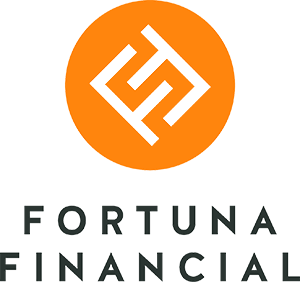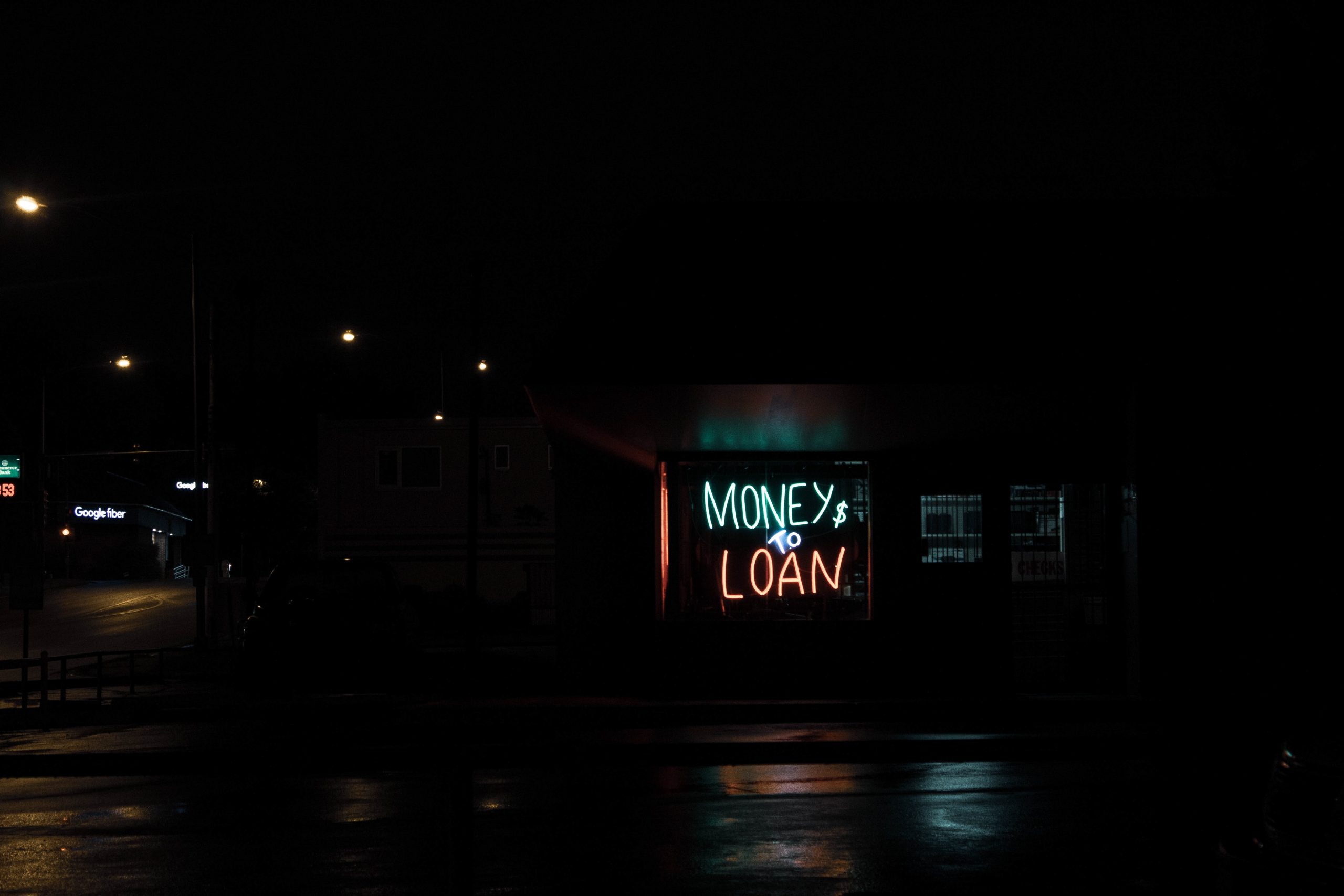What our Clients Say About Us
Fixed? Variable? Or both?
With so much uncertainty surrounding who now has more control over setting mortgage interest rates – the Reserve Bank or the banks – it might be timely to think about your loans and whether they are structured to suit your needs into the future. One of the most obvious considerations for your home mortgage is whether a fixed or variable rate loan is best for you.
Fixed rate loans
Fixed rate loans are generally offered for terms of between one and five years, with the interest rate (and repayments) remaining the same over this period. They’re often considered desirable at times when interest rates are likely to rise because you can plan for set repayments. Other benefits include:
- Cost: these loans can be more cost-effective in times of rising interest rates – provided your lender’s fixed rate is the same or below the current variable rate.
- Security: some security is provided for borrowers who are susceptible to interest rate and economic variability (e.g. those on fixed incomes or a tight budget).
While fixed rate loans can provide certainty, they also have some disadvantages, including:
- Inflexibility: these loans tend to be less flexible than variable rate loans, and can include penalties for early pay-out or making additional repayments.
- Timing: it’s difficult to time interest rate moves, with the end result being a greater overall interest cost if you fix your rate at the “wrong” time.
Variable rate loans
Variable rate loans are subject to rate movements applied by the banks, and after previously following the RBA’s lead, the major banks now independently adjust rates on new loans due to stricter lending practices.
The main advantages of variable rate loans are:
- Control: as your interest rate changes you can decide what you want to do next. For example, rates go down, you benefit from lower repayments; rates go up, you have the option to fix.
- Flexibility: borrowers may be able to make additional payments without penalty or be offered a redraw facility.
Variable rate loans also have their drawbacks:
- Risk: as interest rates rise, so too will your repayments meaning you need to keep a watchful eye on your loan rate and repayments.
- Security: these loans provide no security for people who may have trouble affording the increased repayments associated with potential multiple interest rate rises.
Most lenders offer borrowers the best of both worlds. That is, allowing borrowers to split their mortgages by having a portion of their borrowings financed by a variable rate loan, and the remainder by a fixed rate loan.
Aside from taking out a mortgage in the first place, changing your loan should be a decision made only after careful consideration.

